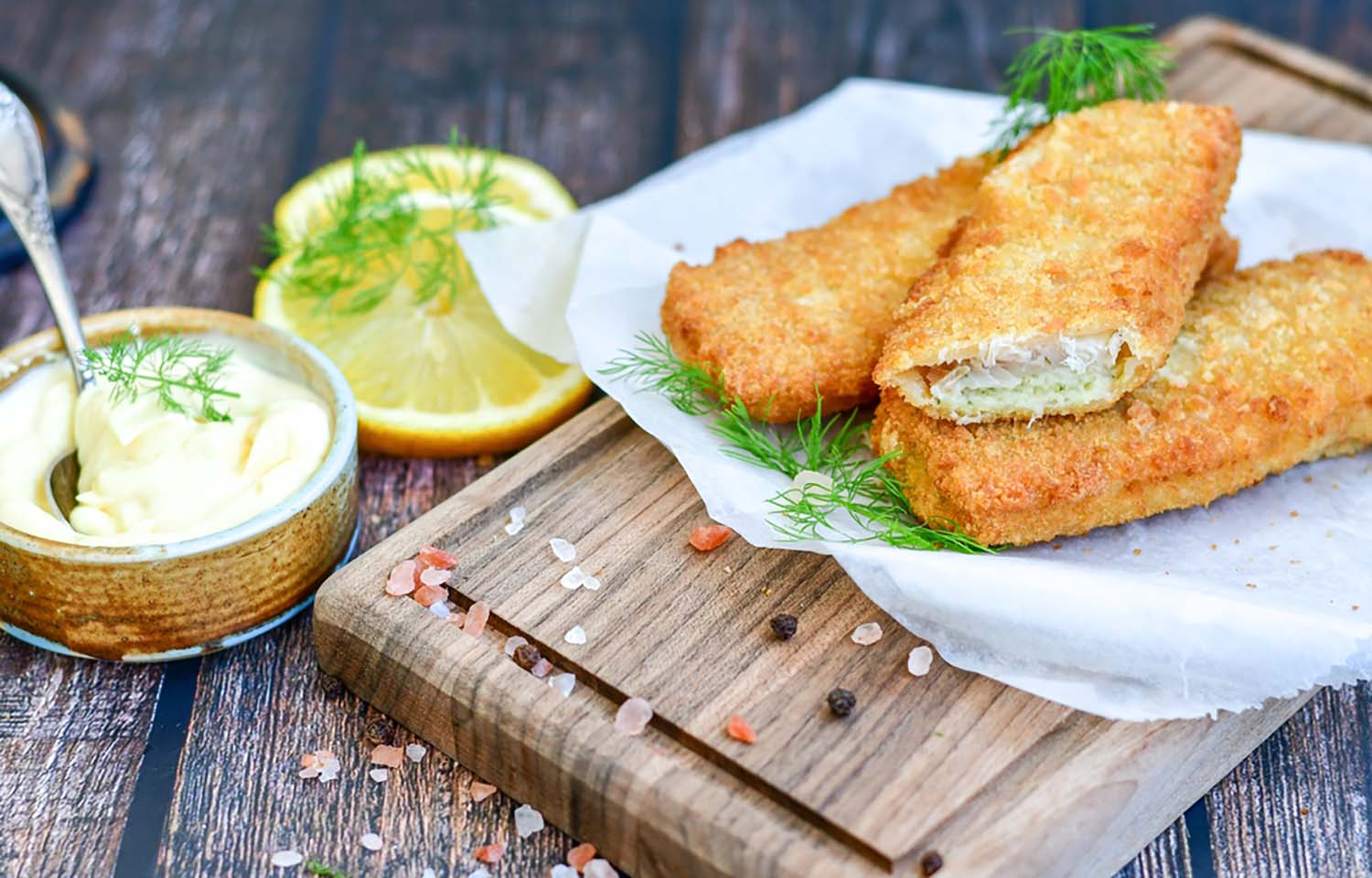Soon after updating its pollock-purchasing guidelines to include new requirements, the U.S. Department of Agriculture (USDA) recently announced it will purchase more Alaska pollock, salmon, and other seafood for the National School Lunch Program (NSLP), as well as for other federal food nutrition assistance programs.
Specifically, the agency plans to buy catfish fillets; breaded, oven-ready catfish strips; canned pink salmon; salmon fillets; Alaska pollock fillets, surimi, and breaded sticks; Atlantic pollock fillets and breaded nuggets; haddock fillets; and ocean perch fillets for the NSLP.
Solicitations will be issued in the near future for deliveries of these products beginning 1 July 2024 through 30 June 2025 and will be available through the agency’s Web-Based Supply Chain Management (WBSCM) system.
The USDA’s decision is a “truly welcome sign to not only the members of the Association of Genuine Alaska Pollock Producers [GAPP] but all those who wish to see more seafood served in schools,” GAPP CEO Craig Morris told SeafoodSource.
Morris added that the USDA’s continued purchases of seafood for the NSLP and other programs is also a good sign that Americans are getting more seafood into their diets.
He particularly pointed toward a 2022 General Accountability Office (GAO) report that found the average quantity of USDA-purchased seafood consumed per student through the NSLP totaled about 3 ounces per week, even though the 2020–2025 Dietary Guidelines for Americans recommends that school-age children consume 3 ounces of seafood per year.
Though the USDA has committed to buying more seafood, it has also set new requirements that Alaska pollock suppliers must follow if they want to submit bids to the agency for distribution to federal food and nutrition assistance programs.
The new requirements mandate that Alaska pollock fillet manufacturing facilities used to fulfill USDA contracts should be a NOAA Seafood Inspection Program-approved (SIP) establishment.
Along with their bids, suppliers must include shipping container identification and primary package codes, along with the code that facilitates traceability back to the establishment number, production lot, and date of shipment, the USDA said. Suppliers must also include the total number of shipping containers and projected net weight in each production lot.
Frozen pollock fillet blocks, meanwhile, must meet the USDA-deemed Grade A requirements as defined in the U.S. Grade Standard for Frozen Fish Fillet Blocks. The blocks should weigh approximately 16.5 pounds and packed in three blocks to a master carton with a net weight of about 49.5 pounds, the agency said.
In another addition to the pollock requirements, the USDA said that subcontractors or suppliers of fish products are ineligible for bidding if they are currently delivering late on USDA contracts, if they are not operating in accordance with applicable FDA regulations nor in alignment with NOAA SIP program requirements, and if they have been suspended or debarred previously.
The USDA also authorized that the allergen statement on all packaging shall be provided in the format that complies with both the Food Allergen Labeling and Consumer Protection Act (FALCPA) and the Food Allergy Safety, Treatment, Education, and Research (FASTER) Act.
The new guidelines require that the allergen statement should clearly label whether milk, egg, fish, crustacean shellfish, tree nuts, wheat, peanuts, soybeans, and sesame, as well as any food ingredient that contains protein derived from one of these foods, with the exception of highly refined oils, as “major food allergens” present in the product.








